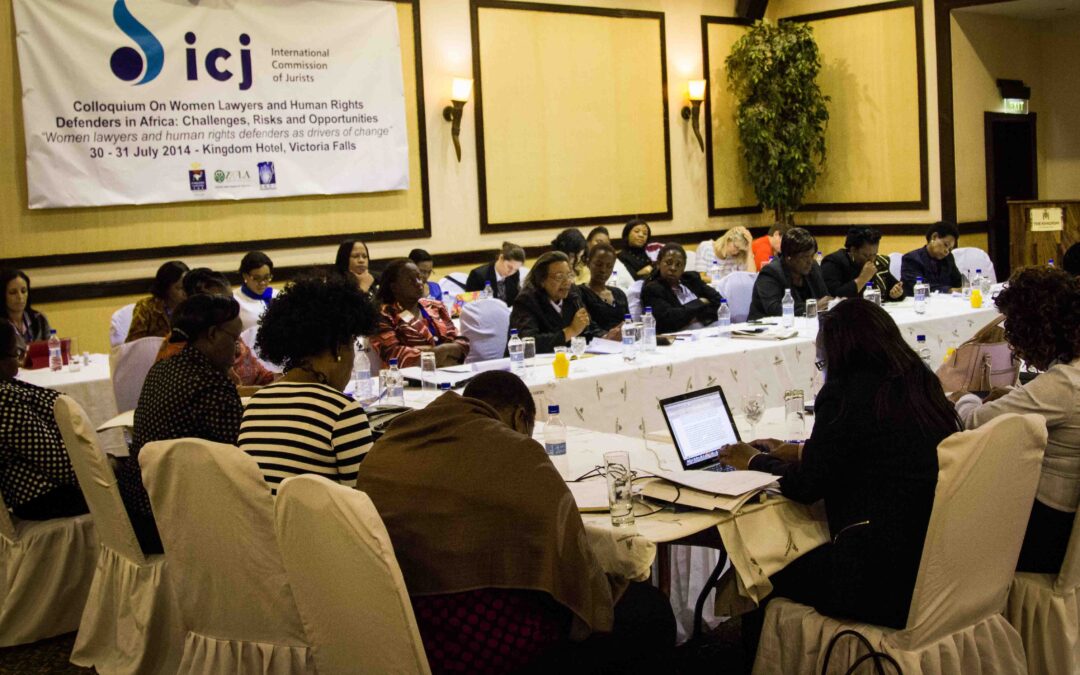
Aug 2, 2014 | Multimedia items, News, Video clips
Women judges, lawyers and human rights defenders from across Africa participated in ICJ Colloquia on “Women Lawyers and Human Rights Defenders: Challenges and Opportunities” on 30 and 31 July in Victoria Falls, Zimbabwe.
The colloquia were hosted in collaboration and partnership with the Gender Committee of the SADC Lawyers Association, the Zimbabwe Women Lawyers Association and Zimbabwe Lawyers for Human Rights.
It enabled over 40 women lawyers, human rights defenders and judges to come together to identify the challenges faced by women lawyers and human rights defenders and elaborate action steps.
Discussions also addressed the role of the judiciary in advancing gender equality, women’s access to justice and protection of women human rights defenders.
The Colloquia are part of an ICJ multi-year initiative on women judges, lawyers and human rights defenders as agents of change.
Interviews:
Justice Martha Koome (Kenya)
Justice Lillian Tibatemwa-Ekirikubinza (Uganda)
Doo Aphane (Swaziland)
Jane Serwanga (Kenya)
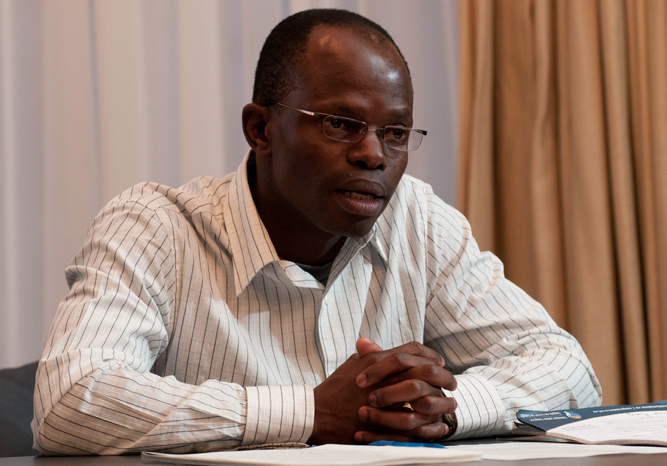
Jul 25, 2014 | News
The ICJ condemned today the sentence imposed on Thulani Rudolph Maseko and Bheki Makhubu following their conviction on two counts of contempt of court
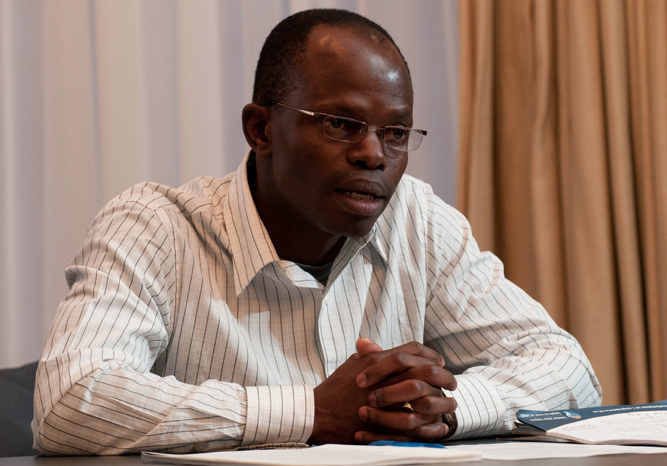
Jul 18, 2014 | News
The ICJ is appalled by the decision of the High Court in Swaziland to convict Thulani Rudolph Maseko and Bheki Makhubu on contempt of court charges.
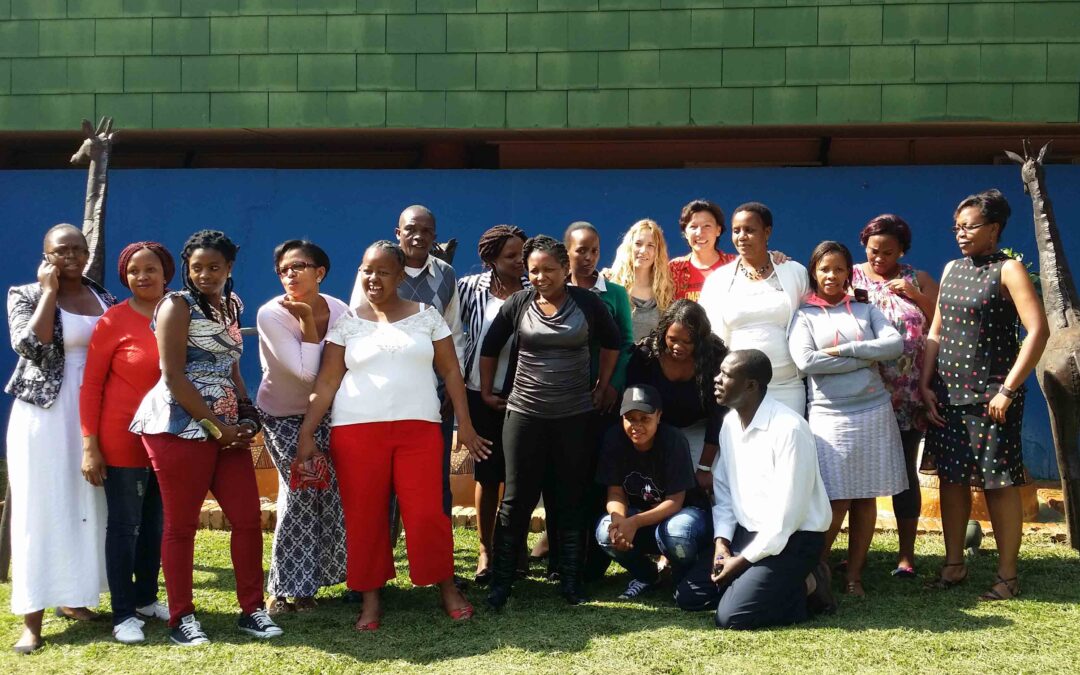
Apr 24, 2014 | News
On 22 and 23 April 2014 Swazi women’s rights organizations and human rights defenders participated in a workshop on women’s human rights organised by the ICJ and Swazi partners in Mbabane.
Participants discussed a range of issues including gender-based violence, sexual and reproductive health, customary law and constitutional protection for gender equality.
The workshop was designed to assist and facilitate civil society engagement in the forthcoming review by the Committee on the Elimination of Discrimination against Women (the Committee) of Swaziland’s implementation of the Convention on the Elimination of All Forms of Discrimination against Women (CEDAW).
Swaziland ratified CEDAW in 2004.
In July 2014 the country’s combined first and second report under the Convention will be reviewed by the Committee which will issue recommendations as to how Swaziland can improve its implementation of the Convention.
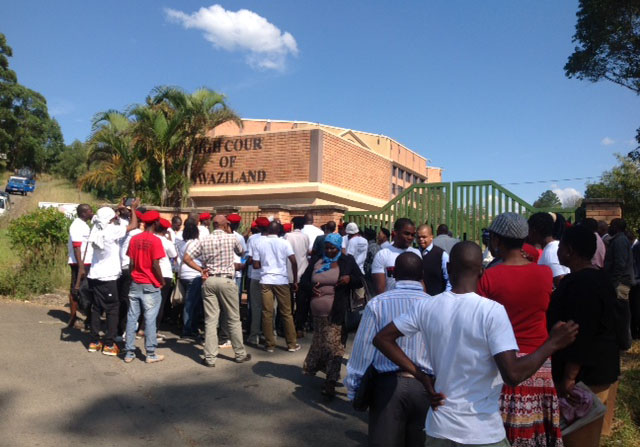
Apr 23, 2014 | Multimedia items, News, Video clips
On Tuesday 22 April 2014 Judge Mpendulo Simelane began hearing evidence in the High Court in Swaziland in the trial of human rights lawyer Thulani Maseko and journalist Bheki Makhubu for contempt of court.
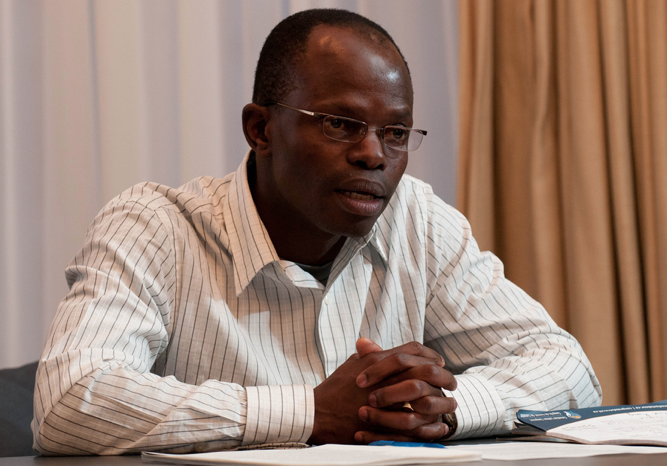
Apr 9, 2014 | News
The ICJ is gravely concerned at reports that fresh arrest warrants have been issued for human rights lawyer Thulani Maseko and journalist Bheki Makhubu following efforts by the court to have them remanded in custody.










